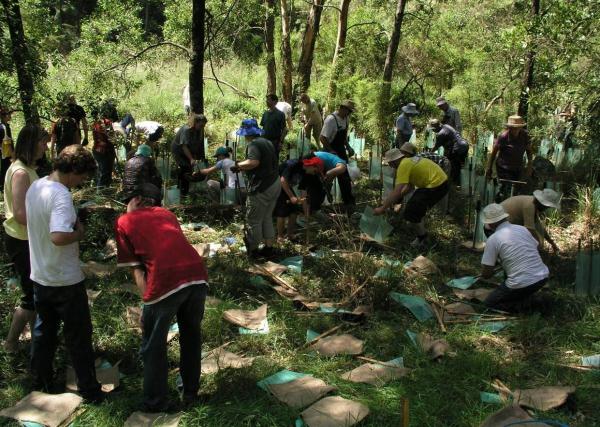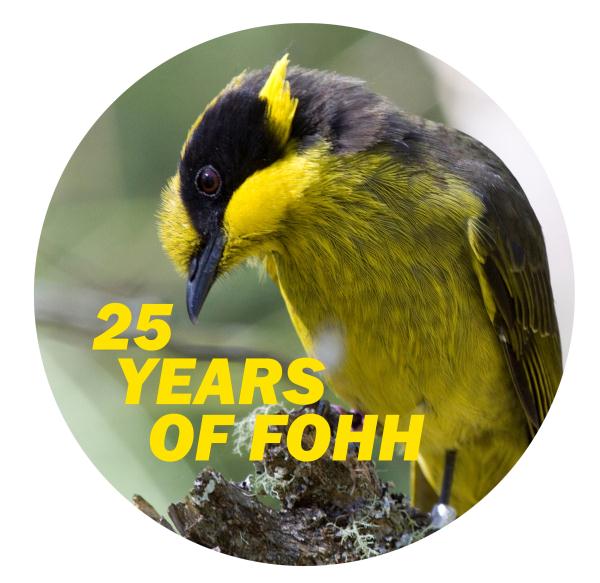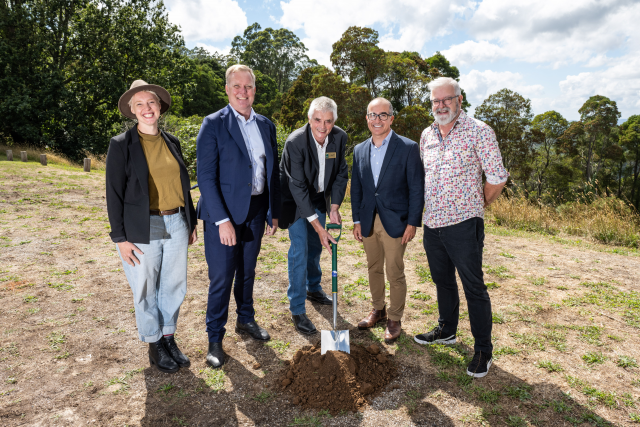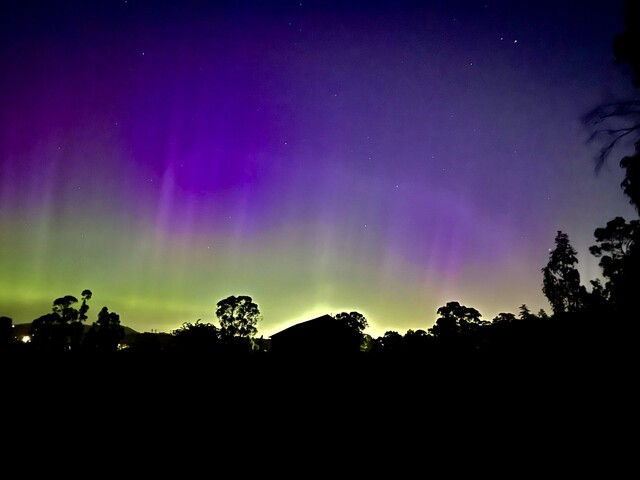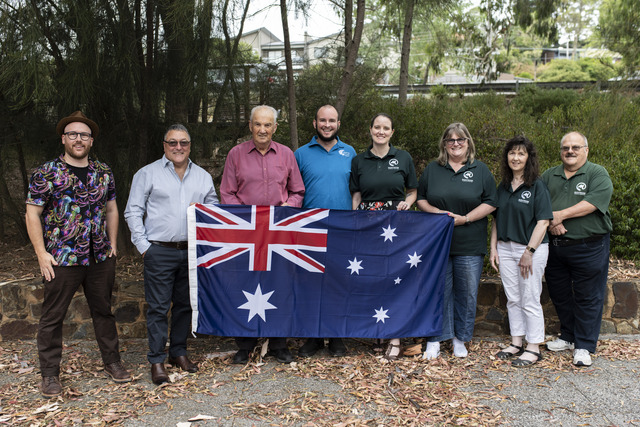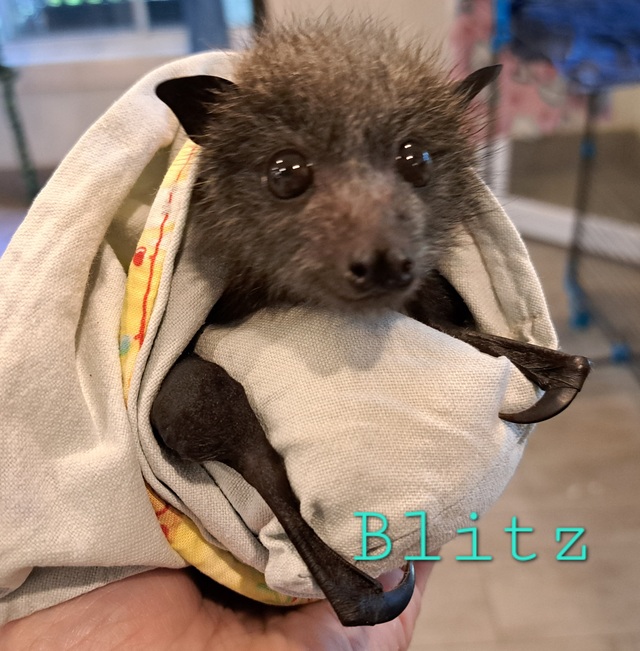AFTER 25 years of fighting extinction, and in the lead-up to their birthday later this month, the Friends of the Helmeted Honeyeater (FOHH) have cause to celebrate.
Local people who participated in education programs as schoolchildren are now returning as young adults to join the recovery program. Many have undertaken studies and employment in environmental fields, and now volunteer their time to assist with supplementary feeding and bird monitoring.
Environmental Co-ordinator James Frazer says it’s an endorsement of their long-standing education program.
“We have made a difference to people’s way of seeing and valuing the natural world, and sparked lifelong engagement in Helmeted Honeyeater recovery from our community,” he said.
“It has become a truly intergenerational endeavour.”
A core goal of educating the community has remained unchanged for the group’s 25 years with talks to thousands of students and community members.
“We encourage as many schools as possible to visit Yellingbo Nature Conservation Reserve and take the opportunity to undertake a habitat planting. Habitat loss has been one of the key drivers of extinction for the bird,” he said.
“Our nursery has supplied over 700,000 plants for local revegetation activities and over the last three years alone we have planted around 40,500 plants into degraded areas of the reserve.”
The education program has also changed as schools have increased environmental education.
“We are now seeing more students with good foundational knowledge of the environment. Our job is to help them understand how the Helmeted Honeyeater fits into the wider picture they are learning about,” he said.
Mr Frazer said the high level of support from local schools demonstrated there was strong local knowledge and desire to support Helmeted Honeyeater recovery.
“Over time the Helmeted Honeyeater story has been woven into the fabric of local identity.
“People see the Helmeted Honeyeater as ‘their’ bird – it is found nowhere else in the world, so we have to protect what is special to us,” he said.
Fighting extinction
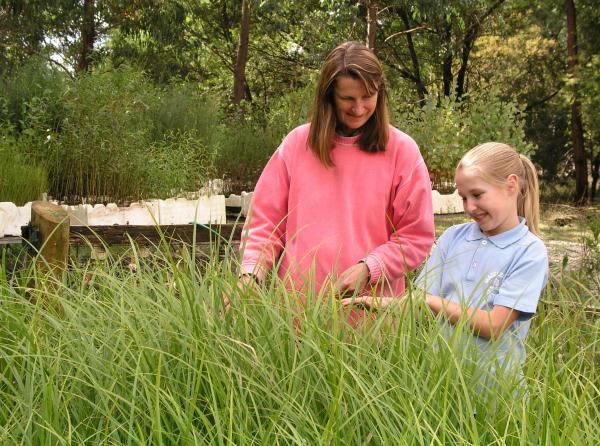
Digital Editions
-
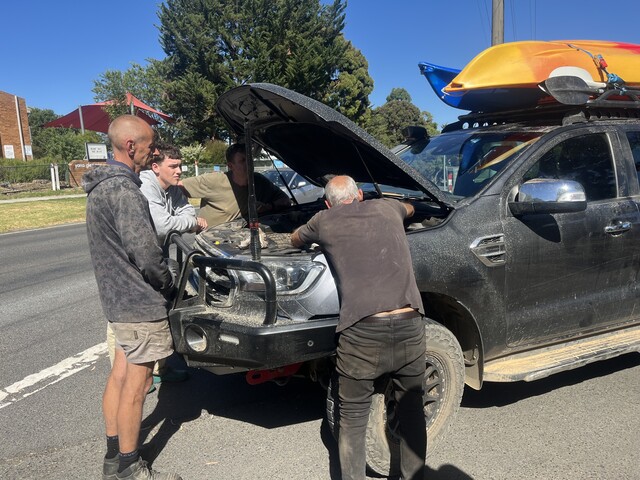
Heroes thanked
Fiona Waters from Bentleigh reached out to the Star Mail to share a heart-warming act of kindness from locals in Yarra Glen. I just wanted…

